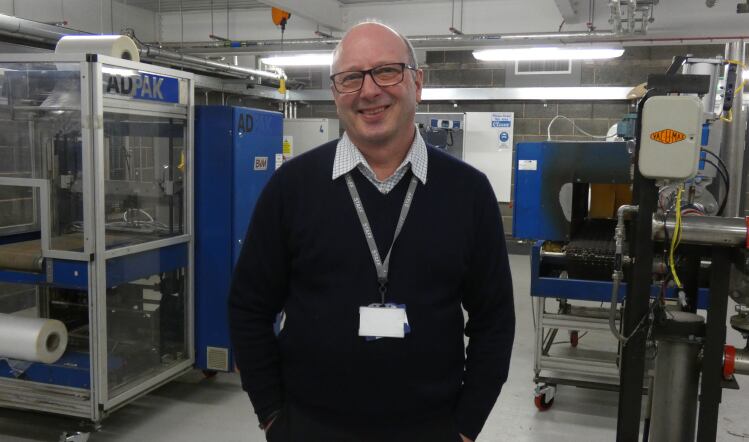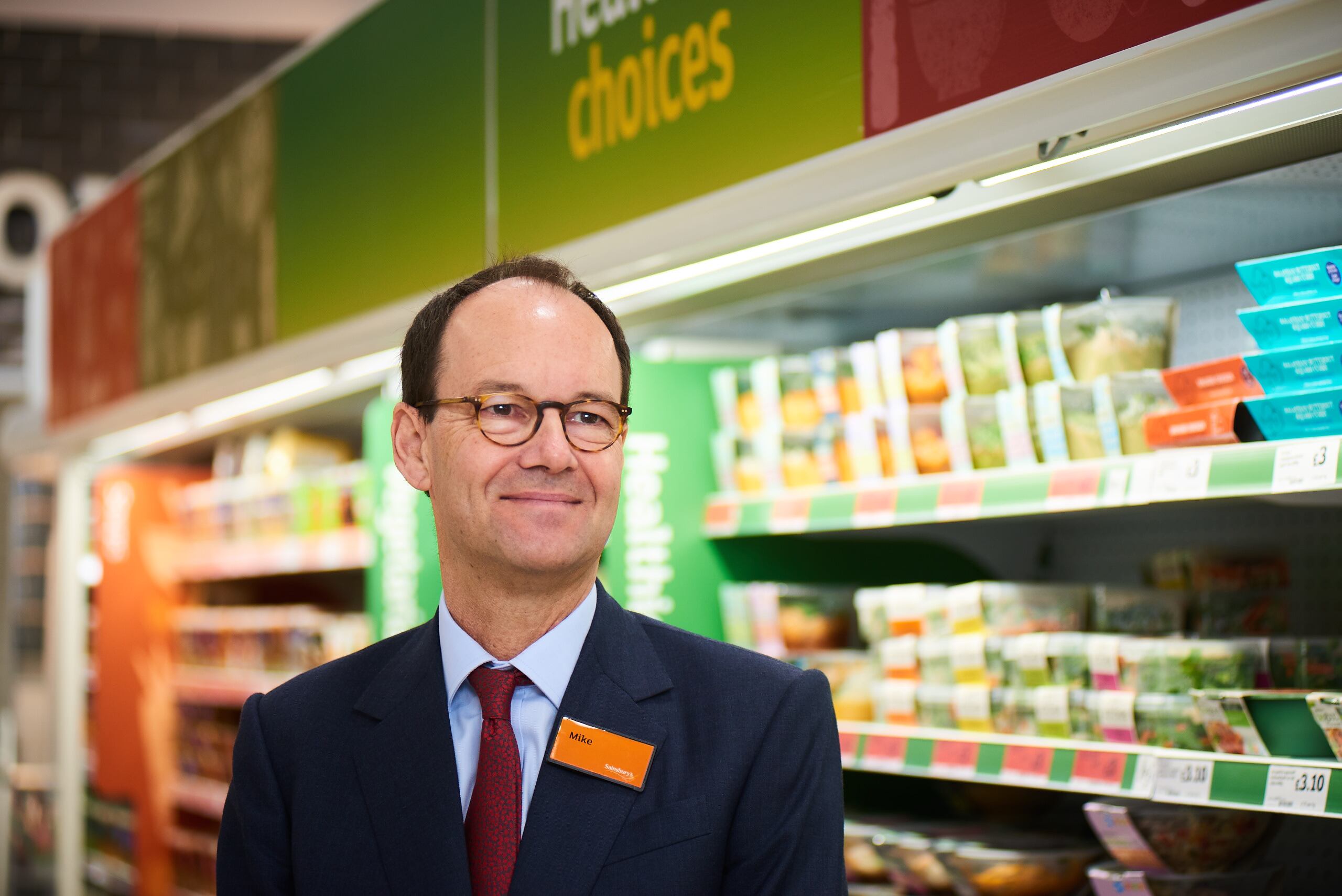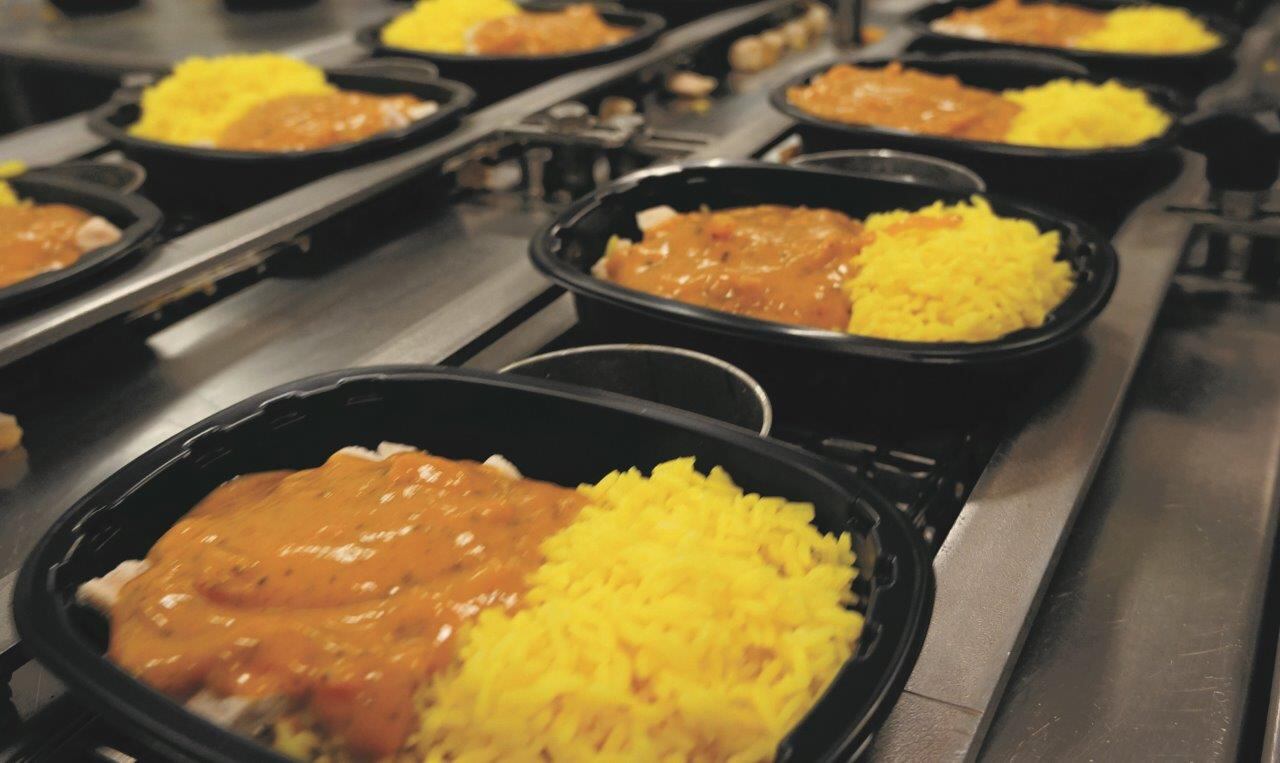It is sometimes not appreciated just how nuanced the role of a food and drink engineer is compared to a similar position in another manufacturing sector. Apart from requiring the technical and mechanical knowledge to ensure the lines run smoothly, an appreciation of the way food companies work and an understanding of food safety are also vital.
With the requirement for food engineers far outstripping supply, it has fallen to places like Selby College in North Yorkshire, led by Ian Muir, assistant director engineering construction, to help fill the gap.
The college works directly with food and drink manufacturers to develop their apprenticeship programmes across three standards – Level 2 process operator, Level 3 advanced process operator and Level 3 food and drink engineering maintenance. As Muir explains, this cooperation with industry is vital to provide apprenticeship schemes that deliver the skills needed from the next generation of food and drink process operators.
“No two companies are alike. And even companies with multiple sites ... the sites are very different from each other. We have to tailor each programme to meet the needs of that particular organisation.
“We have to take those demands and needs into account when we are putting the programme together. It’s really about devising a programme individually for the requirements of each employer.”
Skills needed across the board
This isn’t to say that the skills needed by these apprentices will differ between work placements. Indeed, Muir notes that the skills are similar across the board, as every factory will have the need for an electrical or mechanical engineer. But what makes a food manufacturing business unique are the behaviours needed to operate within it effectively compared to, say, a steel works or a power station.
“It’s all about things like hygiene, compliance, the supply chain, understanding the businesses they’re working in, as well as learning the skills,” says Muir. “That’s why these programmes are put together by the employers, so they focus on food and drink manufacturing business applications.”
“Also, the idea is that these will be food and drink industry engineers, not just specific to a single company – for example, a Greggs or a Warburtons engineer. We’re building up the skill base for the food and drink sector.”
To support its work with food manufacturers the college is investing £600,000 into automation, pulled from a £10m pot provided by the Yorkshire & Humber Institute of Technology, with its automation technology facility scheduled to open in time for the September cohort.
Ultimately, the goal for Muir and his crew at Selby is to champion food and drink as a desirable sector for people to work in. With the threat of Brexit sparking concerns about a drought of skilled workers in the food industry, apprentices like those going through Selby College’s programmes will be carrying the torch.
Industry stigma
However, in common with many others working in the food and drink education space, Muir laments the fact that the industry has an image problem – one that it needs to work hard to shift.
This, he adds, is seriously impacting areas of the country that would have traditionally been hives of local food employment activity.
He continues: “To give an example, we’ve got Greencore locally and traditionally, like any market town, the local people used to go work for those kinds of companies. Now, we’ve gone through a few decades where we’ve had access to foreign labour and the reputation [of food and drink] as being a good industry to work in has fallen.
“We need more local people – and highly skilled and trained people too – but to build the industry’s reputation up is going to be quite difficult.”
Muir finds the trouble with trying to attract engineers to the food and drink industry is that being an apprentice in the aerospace industry or even at power plants is perceived to be more glamorous than anything a food manufacturer can offer. “What those apprentices don’t understand is that the technology involved in the production of food can be far more advanced,” says Muir.
“In fact, the job in the food factory – particularly if we’ve got new technology in there – is going to be far more exciting than doing a repetitive job making aeroplanes. But that means changing people’s perception, which is going be a big issue for the industry as a whole.”
In his view, the key to making the food and drink industry look more appealing for prospective apprentices is dependent on it putting in the work to “flip the script” on what it means to work there. This, he says, isn’t down to the Government changing the curriculum to favour jobs in food, it’s the manufacturers’ responsibility to make these roles more attractive.
Learning from the army
To do this, Muir suggests a similar approach to the armed forces’ advertising campaign.
“Do you see those adverts on the television for the army and the navy where they say things like, ‘Army confidence lasts a lifetime’ or ‘Sure, I was born in Carlise, but I was made in the Royal Navy’? They make it look exciting. I’m sure you could do something on a similar basis for the food and drink sector.
“We’ve got things like Greg Wallace on the TV going Inside the Factory and there’s all that technology on view – it’s fascinating, but we don’t seem to be building on that. We’re missing a trick on this one.”
In short, the food and drink manufacturing industry needs to adapt to the 21st century, he says. “The nature of the engineering role has to change, because there aren’t enough engineers out there,” Muir concludes. “What we’re finding is that the advanced Level 3 process operator is more than front-line, basic maintenance, which traditionally engineers would have done.
“Engineers now have to focus on efficiencies, reliability and all aspects of engineering, to try to improve the performance of the machinery and the productivity of the manufacturing process.”
Selby College
Assistant director engineering construction: Ian Muir
Food industry apprenticeships: Level 2 process operator, Level 3 advanced process operator and Level 3 food and drink engineering maintenance.
Delivery method: The process operator is delivered wholly in the workplace where the apprentice is training and is tailored specifically to that firm. The engineering programme is run on a block relief programme to allow for offsite theory work, which can then be applied in the factory.
Cohort: Up to 16 students, which is the maximum group size.
Age group: The youngest apprentice is 17, the oldest is 47.
Companies the college works with: ABP Meats, Warburtons, Haribo, Greggs.




